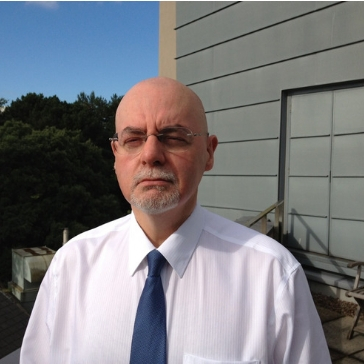“The Science of Superheroes in film and television” by Prof Francis Keenan, Astrophysics Research Centre, QUB.
Prof Keenan gave us a fascinating, entertaining and informative lecture a few years ago, on the ‘Science of Star Trek’, and other SF films and series. This follow-up promises to be just as entertaining and informative. It will provide a good introduction to the various aspects of the N.I. Science Festival, starting the next day. You’ve always wondered whether Superman could vanquish Batman, or if Thor’s Hammer could overcome the Incredible Hulk, or does WonderWoman outclass Supergirl?
All good fantasy fun, but what’s the science behind their super powers? Come along and find out!
Biography:
Research Interests Hot stars, interstellar medium, solar physics, atomic physics, plasma physics.
Francis was: from 1995 – 1996: Royal Society Leverhulme Trust Senior Research Professor; from 1997 – 2004: Head of Astrophysics and Planetary Science Research Division, QUB; from 2003 – 2011: William Penney Research Professor, QUB; Head of School of Mathematics and Physics from 2014 to 2015, and was Director of the ARC from 2017 to 2020.
His PhD was on the study of OB-type stars and the interstellar medium at high Galactic latitudes, and he still works in this area over 30 years later.
Another research field is solar physics, including the assessment of UV, EUV and X-ray line ratio diagnostics. In collaboration with Prof Mihalis Mathioudakis, he works on high-cadence solar imaging: they built the state-of-the-art solar imager ROSA (Rapid Oscillations in the Solar Atmosphere), which is a common-user instrument on the US National Solar Observatory at Sacramento Peak. They were involved in a project with Andor technology PLC, plus other UK institutes, building cameras for the new 4-metre DKIST solar telescope in Hawaii.
He has also worked with Robert Ryans to produce presentations for schools and the general public, which use clips from films and tv shows to illustrate how accurate the science is in science-fiction movies and shows such as Star Trek and Star Wars. These have proved to be a lot more popular than any of their research talks.

